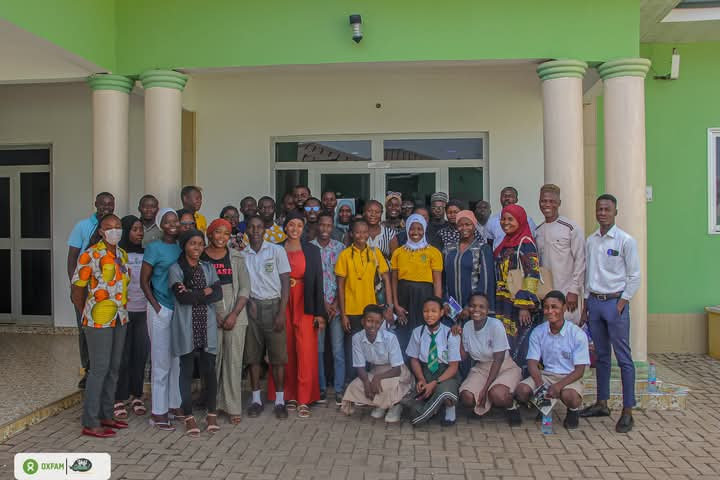By Solomon Gumah
Tamale, Dec. 11, GNA – YEFL-Ghana, an NGO, has held series of gender transformative educational dialogue meetings for some stakeholders in the education in the northern part of the country to promote inclusivity in development.
The dialogue meetings, held separately in the Northern, Savannah and the North East Regions, were to bring to light critical challenges impeding gender equality, inclusivity, and access to quality education in these regions.
They were organised with funding support from Oxfam in Ghana under the Danish International Development Agency (DANIDA) Strategic Partnership II Programme.
Mr Emmanuel Ndukwe, Lead Project Officer at YEFL-Ghana, speaking during the meeting in Tamale, said they were to explore the challenges impeding gender equality, inclusivity, and access to quality education.
He added that they were also to strategise and come out with workable solutions to address the issues as well as to showcase successes and opportunities of community-led initiatives, which revealed some significant reductions in school drop-out, among others.
Mr Ndukwe said “The initiatives have helped, especially girls to excel in Science, Technology, Engineering, and Mathematics (STEM) fields showcasing their potential when given the opportunities.”
He reiterated the commitment of YEFL-Ghana to youth empowerment, and underscored the importance of community engagement, emphasising more on the need for chiefs and traditional authorities to support reforms for educational development.
The dialogue highlighted the limited scope of Technical and Vocational Education and Training (TVET) programmes, which participants said often focused on male-dominated fields such as auto mechanics and woodwork, which discouraged female participation.

The dialogue also identified harassment in schools, which was rooted in unequal power dynamics between teachers and students, which in many cases, were unreported due to the lack of safeguarding structures and the lack of gender-neutral leadership roles in schools.
Stakeholders recognised some government initiatives in promoting gender transformative education, such as the Free Senior High School initiative, the Re-entry Policy, and the Pre-Tertiary Education Act 2020 (Act 1049) as well as the recent increase of both the Capitation Grant and the capital daily cost allocation of the School Feeding programme by 50 per cent.
Mr Amadu Mamuda Timbilla, Headmaster, Kpasenkpe STEM SHS, during the dialogue at Walewale, said there was more to be done in terms of policy, adding policies were usually formulated without broader consultations, making their implementation challenging.
The dialogue also mentioned that inadequate infrastructure was a major challenge, including the lack of inclusive facilities for persons living with disabilities and other amenities such as changing rooms and sanitary facilities, which had been compounded by poverty and lack of parental support systems.
The stakeholders asserted that implementing the above recommendations would help address systemic, cultural, and infrastructural barriers to transform education in the northern part of the country.
Madam Seidu Latifa, Savannah Regional Girls Education Officer, during the dialogue at Damongo, said poor parental attitudes and cultural norms were one of the major contributors to early marriages, and teenage pregnancies.
She said, “Some parents put pressure on their girls to marry early in order to reduce financial burdens, which undermines their educational prospects.”
Madam Ali Shahada, Gender Equity and Social Inclusion Lead for Africa Education Watch, commended YEFL-Ghana for its leading role in championing gender equality and inclusive education and called on government and other stakeholders to support the efforts to enhance the sustainable development of the country.
GNA